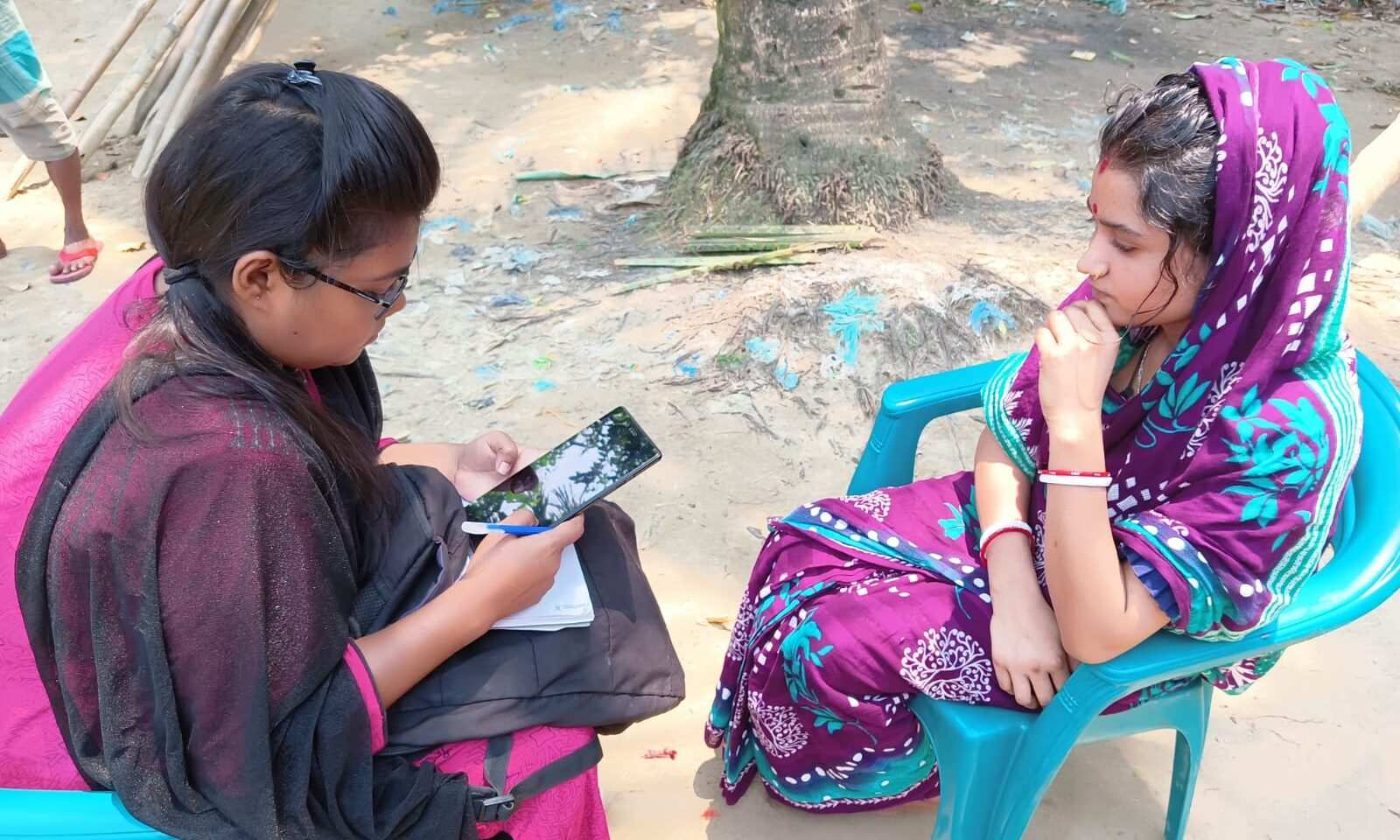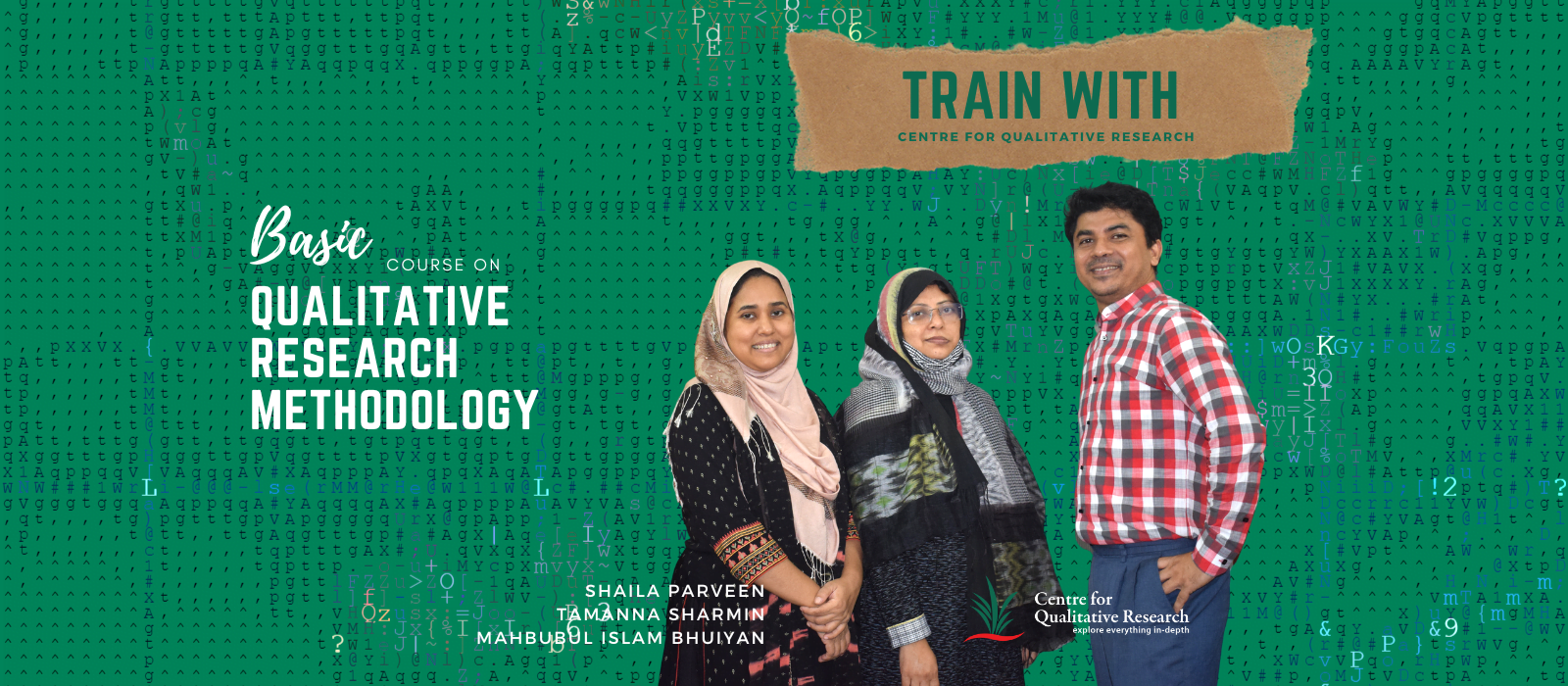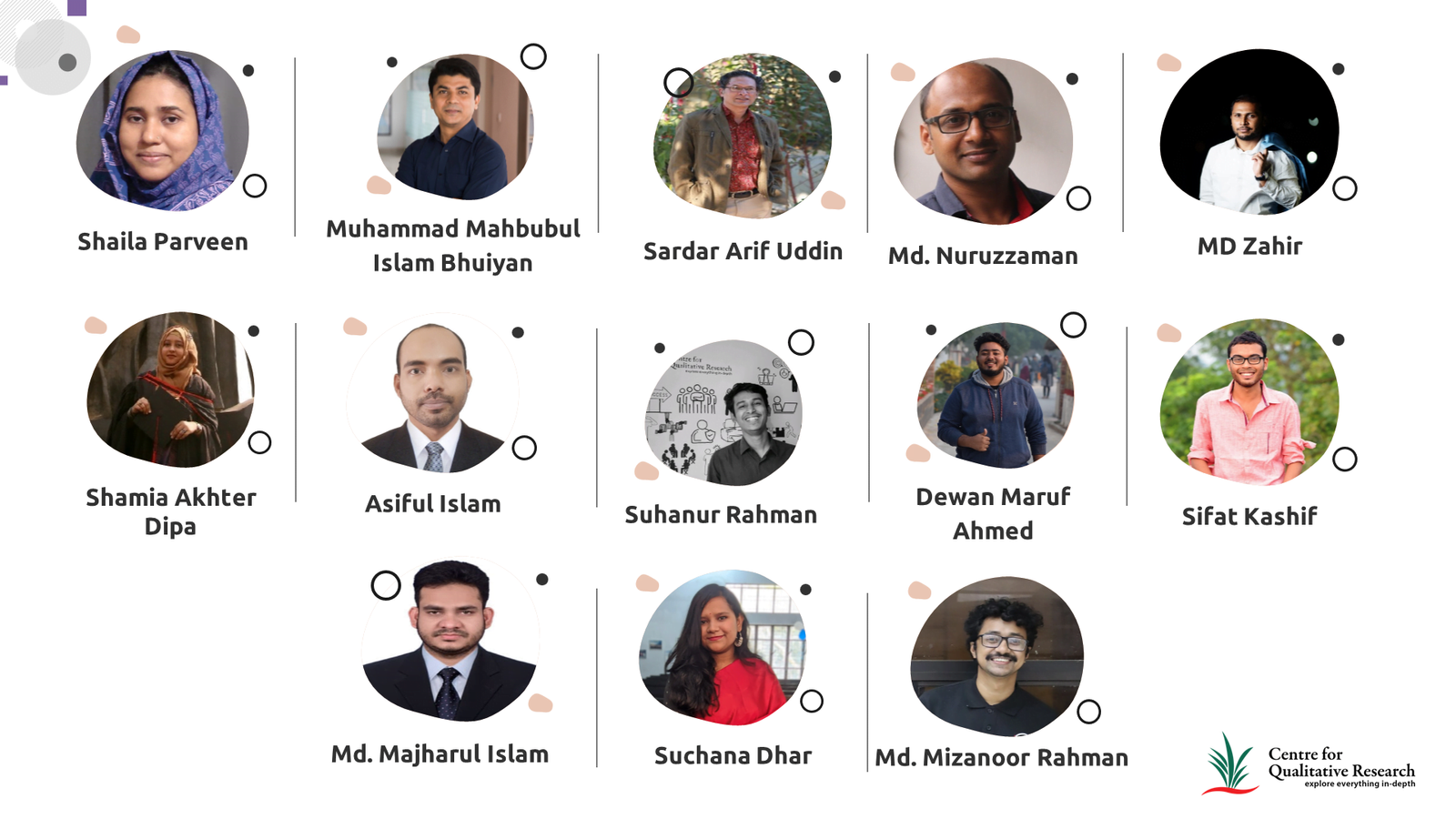Imagine stepping into a bustling marketplace, enveloped in a symphony of vibrant colors, diverse languages, and the aromatic scents of spices and freshly baked goods. As you navigate through the crowd, you observe the interactions between buyers and sellers, noticing subtle gestures, negotiation tactics, and the underlying social dynamics at play. This is the world of ethnographic research, where researchers become immersed in the very fabric of communities, unraveling the intricacies of human behavior and cultural practices.
Ethnographic research is a journey of discovery, an exploration into the heart of humanity. It goes beyond the surface-level understanding of cultures and delves into the essence of what it means to be part of a community. Ethnographers become active participants, embracing the unique perspectives and experiences of those they study. Through their eyes, they witness the triumphs, challenges, and daily rituals that shape people’s lives.
Introduction
In the vast realm of social sciences, one particular research approach stands out for its immersive and holistic exploration of human cultures and behaviors: ethnographic research. By immersing themselves in the natural environments of the communities they study, ethnographers gain unique insights into the complex tapestry of human life, shedding light on diverse cultural practices, social dynamics, and individual experiences. In this blog article, we delve into the fascinating world of ethnographic research, its methods, and the valuable knowledge it generates.
What is Ethnographic Research?
Ethnographic research is a qualitative research methodology employed by anthropologists, sociologists, and other social scientists to study cultures and societies. Rooted in the principles of anthropology, ethnography aims to understand the nuances of human behavior and social interactions within specific cultural contexts. Unlike traditional survey-based methods, ethnographers actively participate in the lives of the people they study, immersing themselves in their communities, observing daily routines, and conducting in-depth interviews and conversations.
The Ethnographic Journey
The journey of an ethnographer begins with selecting a research site and gaining access to the community they intend to study. This process involves building relationships, earning trust, and establishing rapport with the individuals and groups under investigation. It is essential for the researcher to become an accepted member of the community to gain authentic insights and to minimize the influence of the observer effect.
Once immersed, ethnographers employ a range of data collection techniques to capture the rich tapestry of human experiences. Participant observation is a fundamental aspect of ethnography, where researchers actively engage in and observe social activities, rituals, and everyday routines. Through this method, they can grasp the subtleties of cultural practices, social hierarchies, and group dynamics.
In addition to participant observation, ethnographers conduct interviews and conversations with individuals from various backgrounds and roles within the community. These interviews can be structured or unstructured, depending on the research goals, allowing researchers to delve deep into personal narratives, values, and beliefs. These insights help build a comprehensive understanding of the community’s norms, values, and social structures.
Ethics and Challenges
Ethnographic research raises several ethical considerations that researchers must navigate carefully. Respecting the privacy and dignity of participants is of paramount importance. Informed consent, confidentiality, and the protection of vulnerable populations are vital ethical principles that must guide every step of the research process.
Furthermore, conducting ethnographic research can present challenges such as the potential for researcher bias and subjectivity. Researchers must be aware of their own cultural biases and strive for reflexivity, constantly examining how their perspectives may influence data collection and analysis.
The Value of Ethnographic Research
Ethnographic research generates an array of invaluable insights and knowledge. By embracing the lived experiences of individuals within their cultural context, ethnographers can offer an in-depth understanding of societal issues, cultural phenomena, and complex human behaviors. This method helps to bridge gaps in intercultural understanding, challenge stereotypes, and inform policy decisions.
Ethnographic research findings can be instrumental in various fields such as education, healthcare, marketing, and community development. In education, ethnography helps educators understand the cultural factors influencing learning and tailor teaching strategies accordingly. In healthcare, ethnographic studies shed light on cultural beliefs and practices surrounding illness, leading to improved patient care and engagement.
Conclusion
Ethnographic research represents a profound and powerful tool for exploring the vast diversity of human cultures, behaviors, and social interactions. By immersing themselves in the lives of the communities they study, ethnographers gain unique insights that cannot be captured through traditional research methods. Ethnography holds immense potential for fostering intercultural understanding, informing policy decisions, and promoting social change. In a world increasingly interconnected and diverse, ethnographic research serves as a gateway to unraveling the complexities of the human tapestry.




















